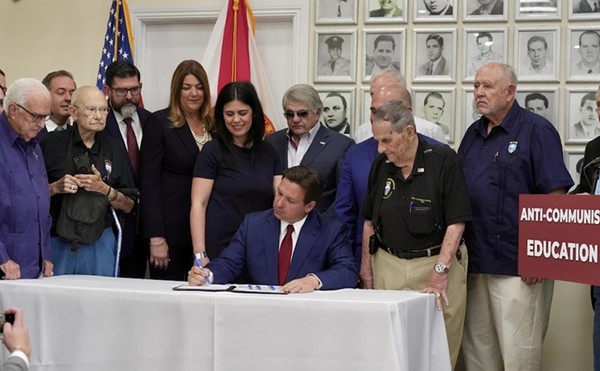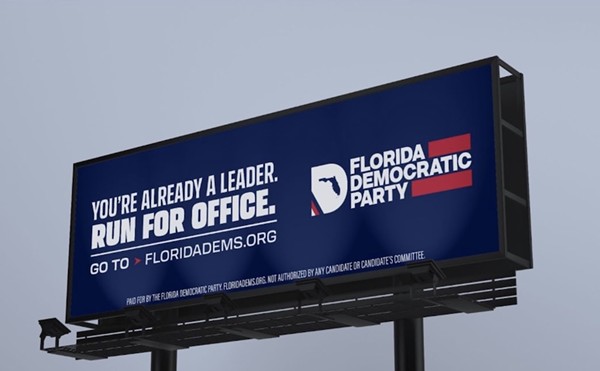Just when you thought it was safe to venture back into Niketown, new reports suggest the company that vowed to clean up its act and stop the exploitation of foreign workers who make its shoes may really be just "greenwashing" consumers. Corporate greenwash happens when a company uses the same type of advertising to convince consumers of their stellar environmental and human rights records that they use to convince them a pair of shoes is all that stands between them and Michael Jordan. Their hope is that activists will put down their picket signs and pick up their wallets.
But like any other type of advertisement, there's something in it that rings a little false.
When Nike was first reproached for the abuses in sweatshops where their shoes are made, CEO Phil Knight responded in the same manner that Taco Bell executives are responding to farmworkers: It wasn't his problem.
A worldwide boycott and abundant negative press made it his problem, and in 1998 Knight swore that he was committed to ending worker exploitation. He outlined a set of "corporate responsibility initiatives" in a speech given to the National Press Club, and touted his company as one that would lead others to a new era of corporate compassion.
That era has yet to begin, say activists. According to a report by Oxfam Community Aid Abroad's NikeWatch campaign, Nike's real success may have been in public relations. The report, titled "Still Waiting For Nike to Do It," states, "Nike must stop treating sweatshop allegations as a public relations issue, and implement proper labor and human rights reforms, including wages that would meet the basic needs of a small family and genuinely independent factory monitoring."
Knight's promises have had little impact on sweatshop conditions, the report states. And Nike still hasn't fulfilled promises to allow nongovernment organizations to monitor its contract factories. Although the group cites some improvement in the area of health and safety, it claims that Nike won't implement a system of unannounced factory visits. On the few occasions when independent safety experts have been allowed to visit Nike factories, they have found serious hazards including dangerously high levels of exposure to toxic chemicals, inadequate personal protective equipment, and lack of appropriate guards to protect workers from machinery.
While Nike's efforts may be part company spin, its participation in the debate is a positive development. The Coalition of Immokalee Workers hopes that putting pressure on Taco Bell could spark a similar dialogue between workers and growers that could improve farmworkers' wages years from now.
"Of course, no one feels that Nike has corrected to anyone's satisfaction the working conditions in the sweatshops that produce their shoes and clothing," says Greg Asbed of the Coalition. "On the other hand, however, most everyone involved in the anti-sweatshop movement would agree that the overall situation of Nike's workers is finally headed in the right direction, and that is due to the fact that, ultimately, Nike cannot afford to ignore the wishes of its consumers.
"We expect Taco Bell to do what's best for Taco Bell," he says. "Our goal is to make ‘what's best for Taco Bell' be to buy only tomatoes produced by farmworkers treated with respect and paid a living wage, because their customers demand nothing less."
Take an inside look at why a group of Florida farmworkers are declaring war against Taco Bell.


















